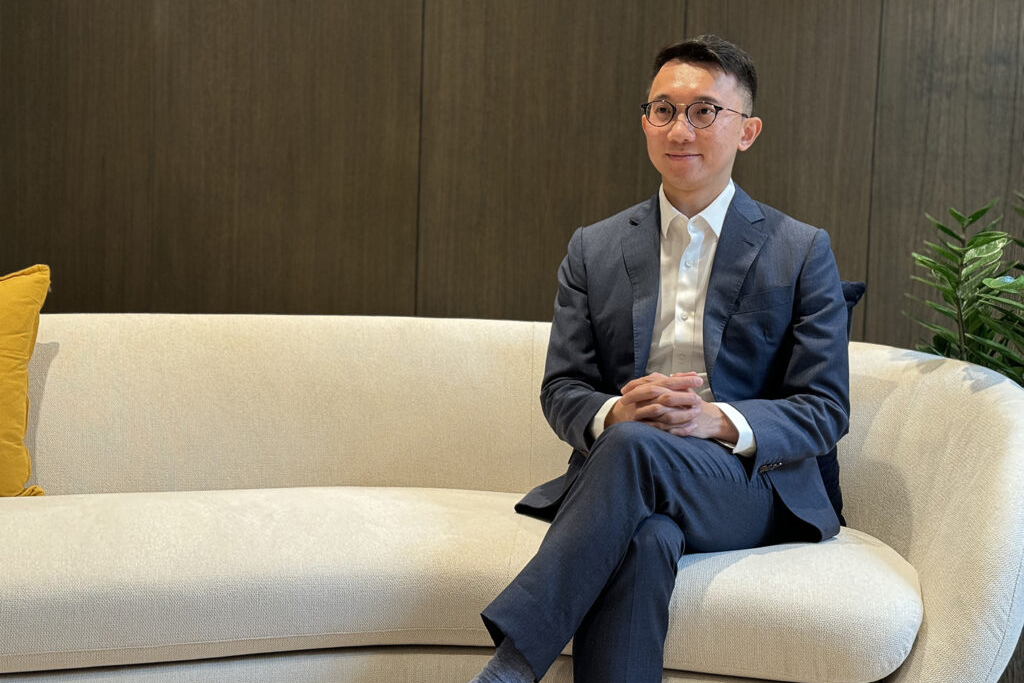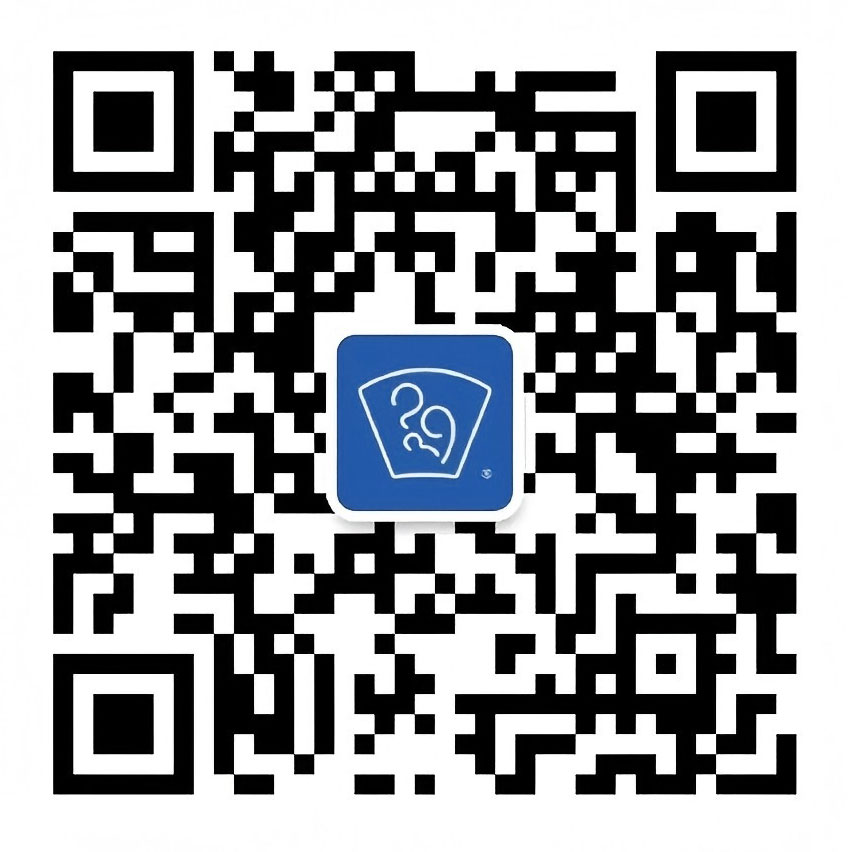
Keyword search
Online medical platform facilitates consultation and medication dispensing. Shenzhen United Family suggests a more secure combination of online and offline services

The development of online medical platforms in mainland China is becoming increasingly mature. If you feel unwell, there is no need to go to the hospital to seek medical treatment. You can also get professional advice from doctors online. After diagnosis, medication can be purchased directly online and delivered to your doorstep in about half an hour, providing one-stop medical services without leaving your home. Xiao Yihuang (Brian), Chief Operating Officer of Shenzhen New Frontier United Family Hospital, pointed out that online healthcare brings convenience, but it is more prudent to seek treatment offline for the first time and cooperate with online follow-up visits.
Online consultation mainly involves communication and exchange with doctors through text, images, voice, and video. You can describe your personal diagnosis and medical history to the doctor in written form, and the doctor will provide answers and diagnostic advice in writing; Picture consultation is suitable for skin diseases or injuries, and can visually present the condition; If it is inconvenient to use text description, voice function can be used to directly record and tell the doctor; There are also platforms that provide online video consultations and schedule meetings online, making it convenient for doctors to visualize the patient's condition.
At present, multiple large platforms in mainland China provide online medical services, making it convenient for citizens to have one-stop consultation and medication dispensing.
Online platform is easy and convenient
At present, there are many online consultation and drug purchasing platforms in mainland China, such as Meituan, JD.com, Taobao, and Weiyi, which facilitate citizens to "adopt" medical services anytime and anywhere. Taking Weiyi as an example, after searching for the "Weiyi" mini program on WeChat and logging in with personal information through real name authentication, users can search for doctors based on their personal condition, hospital, department, or doctor name. Through the doctor page, users can also learn about the doctor's expertise, evaluation volume, patient evaluations, fees, and whether they are online.
Some users have shared their experience that after determining the doctor, there are two options to choose from: visual and textual consultation or telephone consultation. After paying the fee, they can have a "conversation" with the doctor. For example, the cost of a 3-minute quick consultation (visual and textual consultation) is 19 RMB. The patient first needs to describe their condition, and the physician will further inquire about the condition and communicate with each other, then provide treatment recommendations. If necessary, medication recommendations will also be provided. The patient only needs to select a suitable pharmacy through the connection to purchase the required medication. The method is similar to ordering takeout food, and the medication can be delivered to your doorstep within half an hour.
Cannot rely solely on online diagnosis and treatment
Regarding the rise of online medical platforms in mainland China, Xiao Yihuang believes that these platforms are very practical, convenient, and accessible. For example, if there is a shortage of drugs in hospitals for daily use, patients can place orders and buy drugs through these platforms. In certain scenarios, they can indeed help patients obtain drugs faster. But he believes that relying solely on online platforms for disease diagnosis and replacing traditional doctors' face-to-face diagnosis and communication may not necessarily meet actual medical needs. Combining the convenience of online with the accuracy of offline diagnosis and treatment is a more suitable approach for the current situation.
From the perspective of medical institutions, Xiao Yihuang believes that online healthcare is mainly used for follow-up visits and following up on changes in the patient's condition. For example, if a child suffers from pneumonia and still has cough problems after taking medication, they can inquire and follow up with their doctor online. Because doctors have previously treated patients, they can provide more reliable advice based on existing medical records. However, the online medical platforms in the market are mostly from the perspective of buying medicine, and their uses may not be the same. For example, if a patient confirms that they have a cold, no other medical conditions, and do not want to go to the hospital, they can place an order to buy medicine through these platforms, but the prerequisite is to have a very correct judgment of their own condition.
Xiao Yihuang believes that having an offline consultation for the first time and only having an online follow-up for the second time would be more "safe".
Online consultation requires clear personal goals
Many medical institutions in mainland China provide online medical platforms to facilitate patients' treatment of their conditions. Xiao Yihuang pointed out that the online medical platform must follow the regulations of the Internet hospital license, and the relevant regulations are very strict and subject to the supervision of the Health Commission. The platform must obtain a license issued by the government in order to provide services, and doctors also need to register through relevant channels to be listed for online consultations. The relevant processes and requirements are standardized. Therefore, when citizens choose Internet hospitals, they should choose an online platform with Internet hospital license and regular doctors. The second is to provide security protection for personal privacy and medical records. The third is for follow-up visits or chronic disease management, which may be more suitable for handling diseases that do not require a doctor's meeting, physical examination, or further diagnosis.
For those who intend to use online medical platforms for consultations, he suggests that they first clarify their personal goals and objectives, and whether they can be achieved through online medical platforms. For example, if a patient feels abdominal pain but the cause is unknown, they usually need to seek medical treatment at a hospital. Because abdominal pain involves a wide range, it is difficult to determine the condition without palpation whether it is a problem with the intestines, stomach, or any other location. Therefore, online medical platforms are difficult to meet this demand. If medication is taken without a clear diagnosis, it may not be possible to diagnose and even delay the condition. He admitted that there is a chance that patients may feel unhappy due to a lack of coordination in goals and methods, which may result in a failure to meet their medical needs.
Xiao Yihuang reiterated that online medical platforms are convenient, but their purpose should be to consult with affiliated doctors who have already undergone offline consultations. In addition, some patients used to have to travel long distances to meet with expert doctors in different places, but now they can contact them through formal platforms when the expert doctors visit for consultations. Some patients may also use it for secondary confirmation and seek medical advice from another doctor. But if one only communicates briefly with doctors online without seeking medical treatment at a hospital, it may not necessarily conform to the traditional medical model and concept. He emphasized that medical problems can be big or small, first conducting offline consultations, and then
【 Media source - Ming Pao 】










